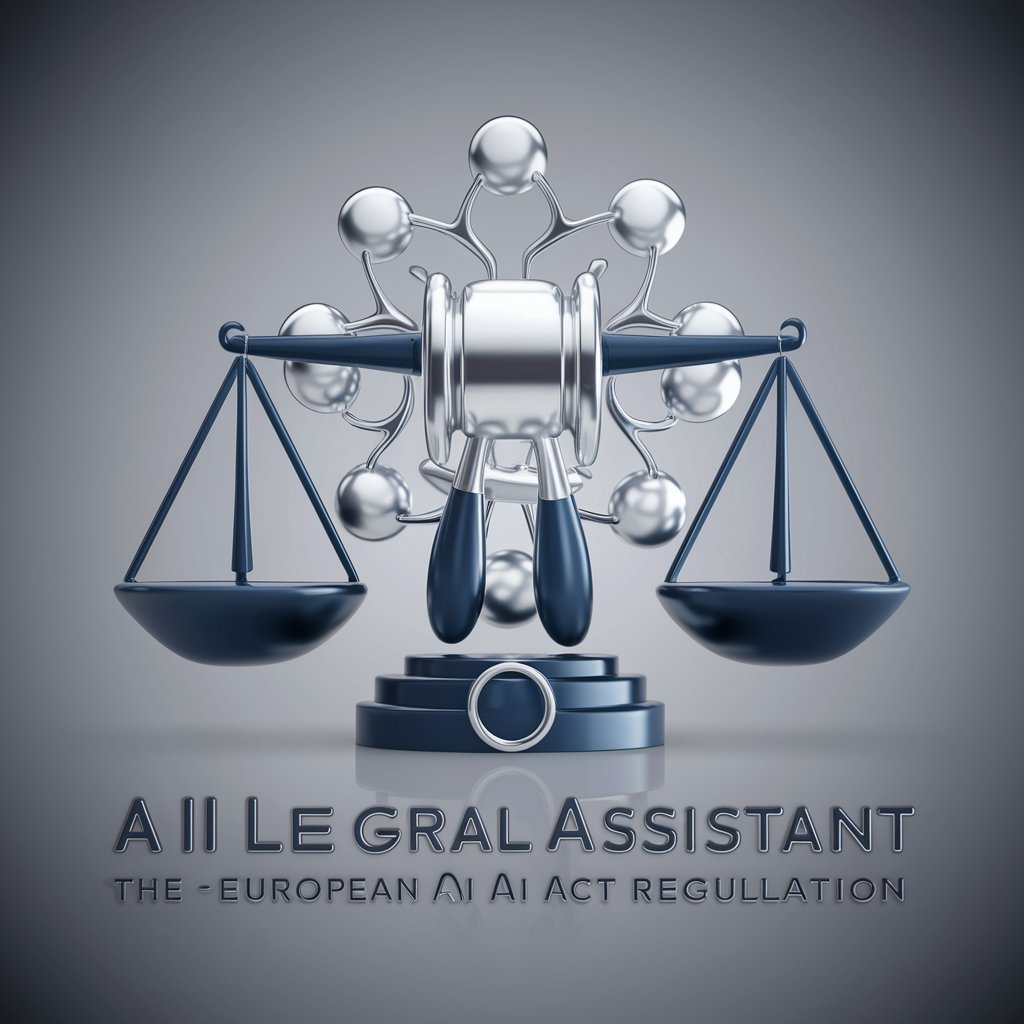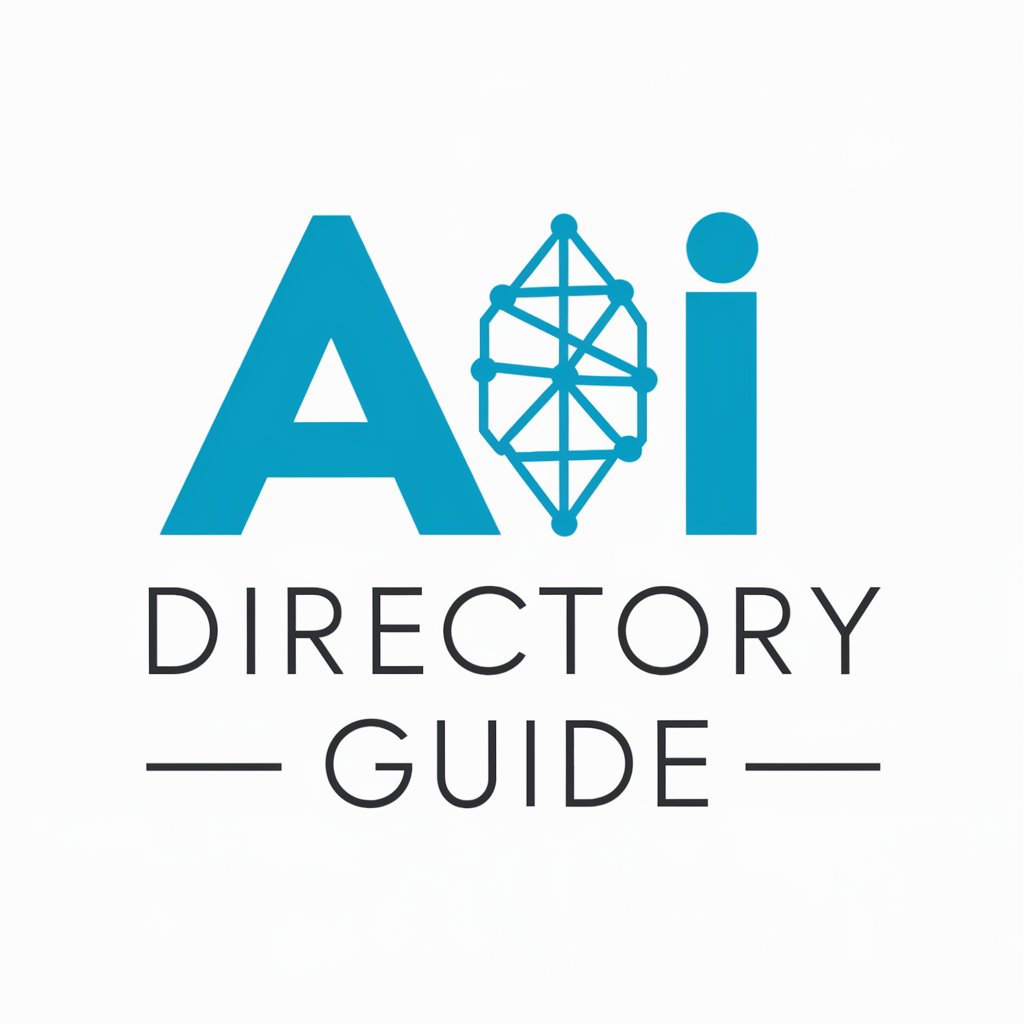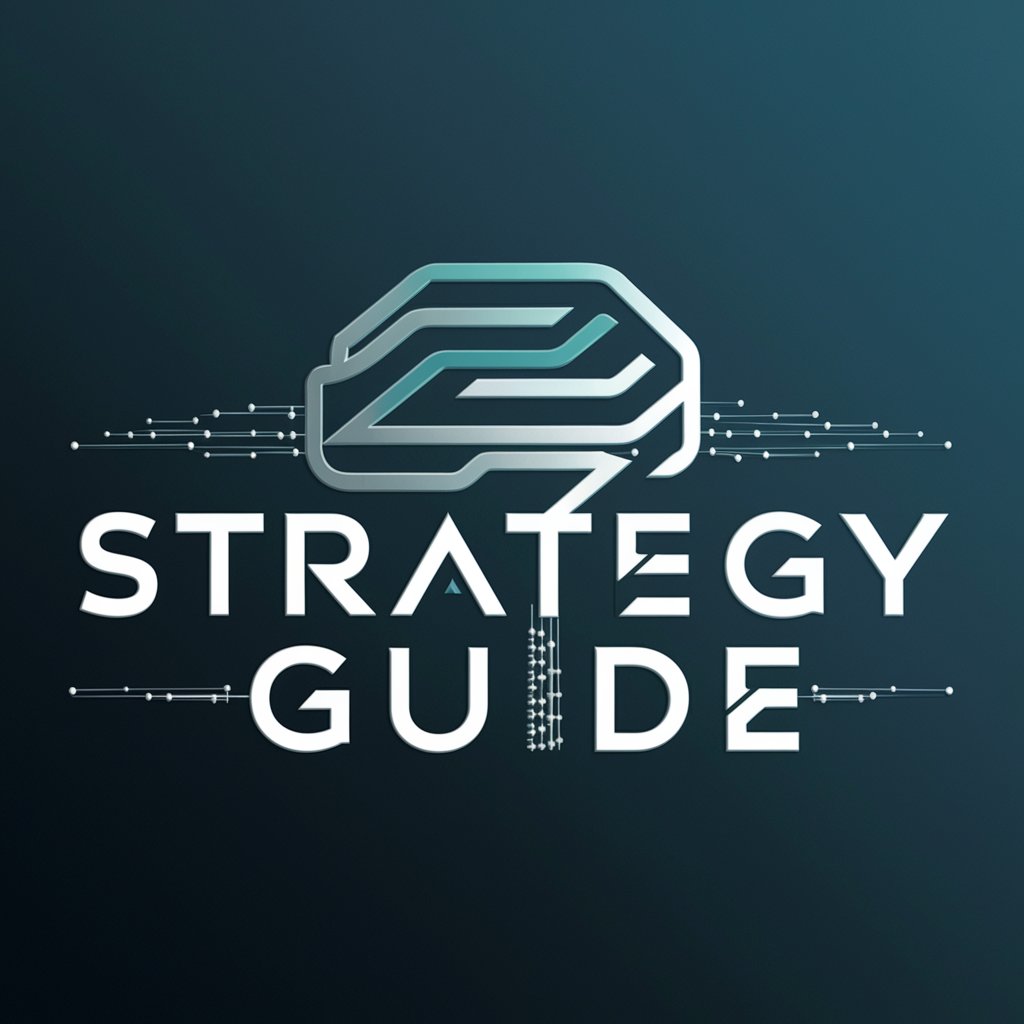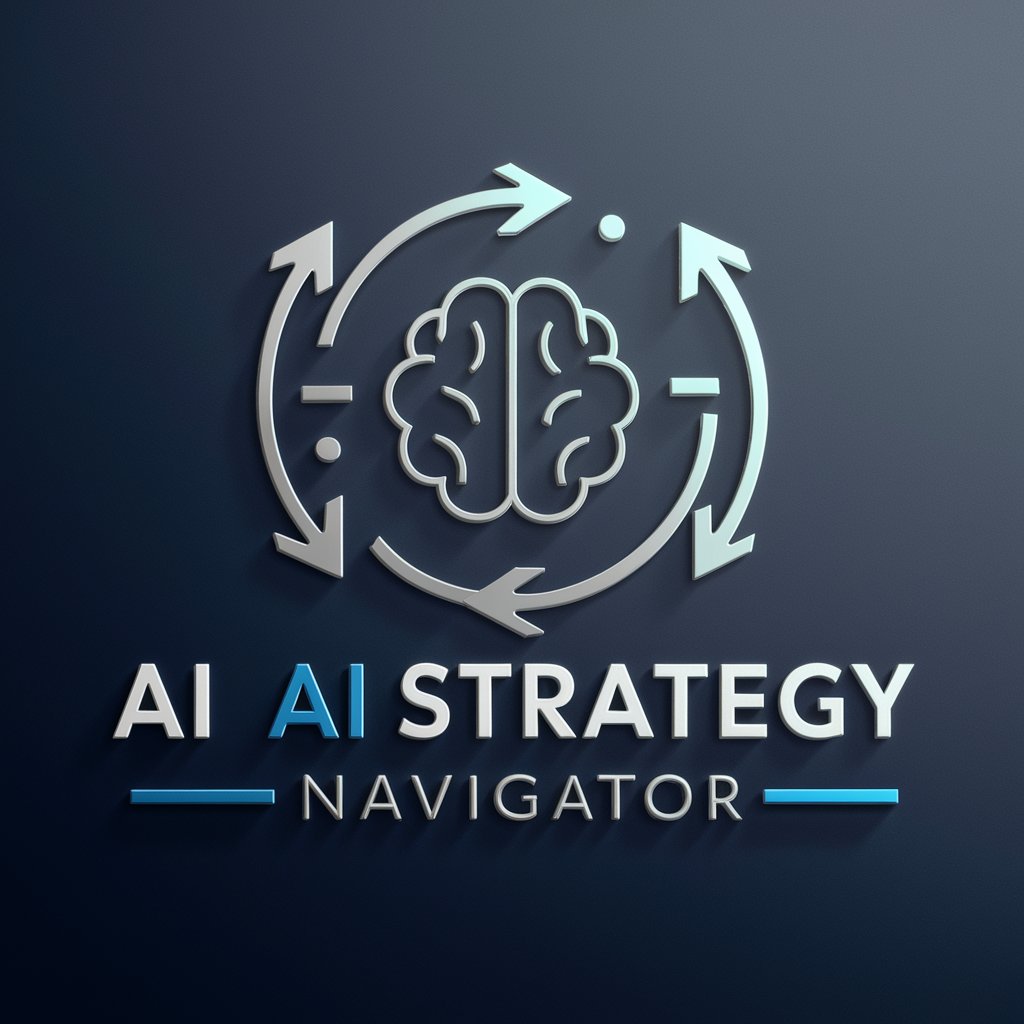
AI Act Guide - AI Act Insights and Analysis
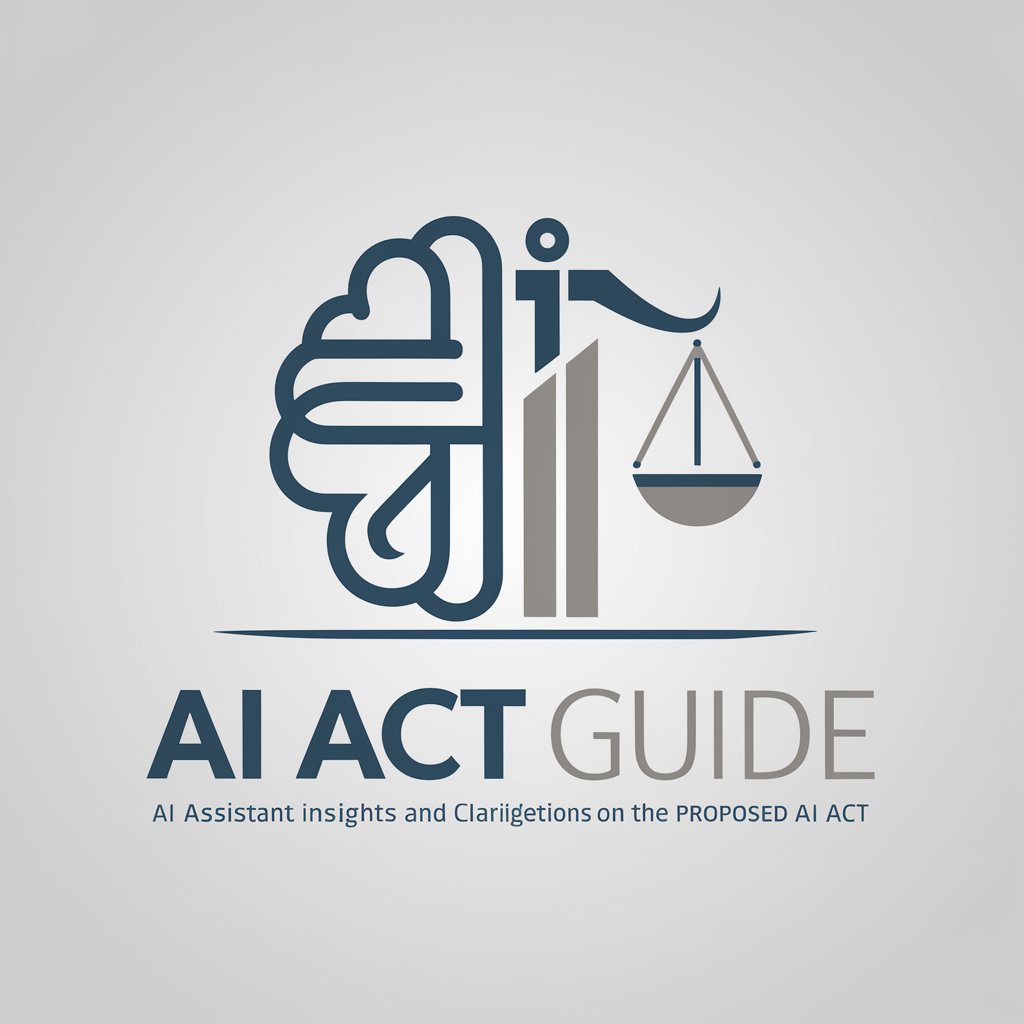
Welcome! I'm here to help you understand the EU's AI Act.
Clarifying AI Legislation with AI-Powered Expertise
Explain the objectives of the EU's proposed AI Act.
What are the transparency obligations for high-risk AI systems?
Describe the governance framework established by the AI Act.
How does the AI Act address prohibited AI practices?
Get Embed Code
AI Act Guide Introduction
AI Act Guide is designed to navigate the complexities of the EU's proposed AI Act, providing insights, interpretations, and clarifications on its provisions. It serves as a bridge between the legal text and its practical implications, offering users a deep dive into the regulatory framework governing artificial intelligence within the EU. Examples include explaining the classification of high-risk AI systems, detailing the requirements for transparency and data governance, and elucidating prohibited AI practices, thereby aiding comprehension and compliance. Powered by ChatGPT-4o。

Main Functions of AI Act Guide
Interpretation of Legal Texts
Example
Clarifying the definition and scope of 'high-risk' AI systems as per the AI Act.
Scenario
A tech company seeks to understand whether its new healthcare AI system falls under the high-risk category.
Compliance Guidance
Example
Providing steps for compliance with mandatory requirements for high-risk AI systems.
Scenario
An AI startup needs to ensure its product meets EU standards for data governance and transparency.
Analysis of Prohibited Practices
Example
Explaining the implications of prohibitions on certain AI uses within the EU.
Scenario
A policy analyst examines the AI Act's stance on real-time biometric identification.
Support for Innovation
Example
Detailing measures in the AI Act that support innovation, such as regulatory sandboxes.
Scenario
A developer looks into testing their AI innovation within a regulatory sandbox framework.
Ideal Users of AI Act Guide
Technology Companies
Tech companies, from startups to established corporations, benefit by understanding regulatory obligations and innovation support mechanisms.
Policy Analysts and Legal Professionals
Experts in policy and law gain insights into the AI Act's implications on fundamental rights, safety, and market implications.
AI Researchers and Academics
Academics and researchers use the guide to stay informed about the legal landscape for AI, fostering responsible AI innovation.
Regulators and Government Officials
Regulatory bodies and government officials rely on the guide for effective implementation and enforcement of the AI Act.

Utilizing AI Act Guide: A Step-by-Step Approach
Initiate your journey
Start by accessing yeschat.ai for a complimentary trial, no registration or ChatGPT Plus required.
Identify your query
Formulate specific questions related to the EU AI Act, focusing on areas where you seek clarity or deeper understanding.
Engage with AI Act Guide
Present your questions directly to the AI Act Guide, utilizing its specialized focus on the EU AI Act's text for accurate responses.
Analyze the insights
Carefully review the provided explanations, interpretations, and clarifications to enhance your comprehension of the AI Act's provisions.
Apply the knowledge
Use the insights gained to inform your decision-making, academic research, compliance efforts, or policy development related to AI.
Try other advanced and practical GPTs
LinkedInAI Post Generator
Elevate Your LinkedIn Presence

Career Coach
Elevate Your Career with AI

Game Value
Discover Best Game Deals with AI
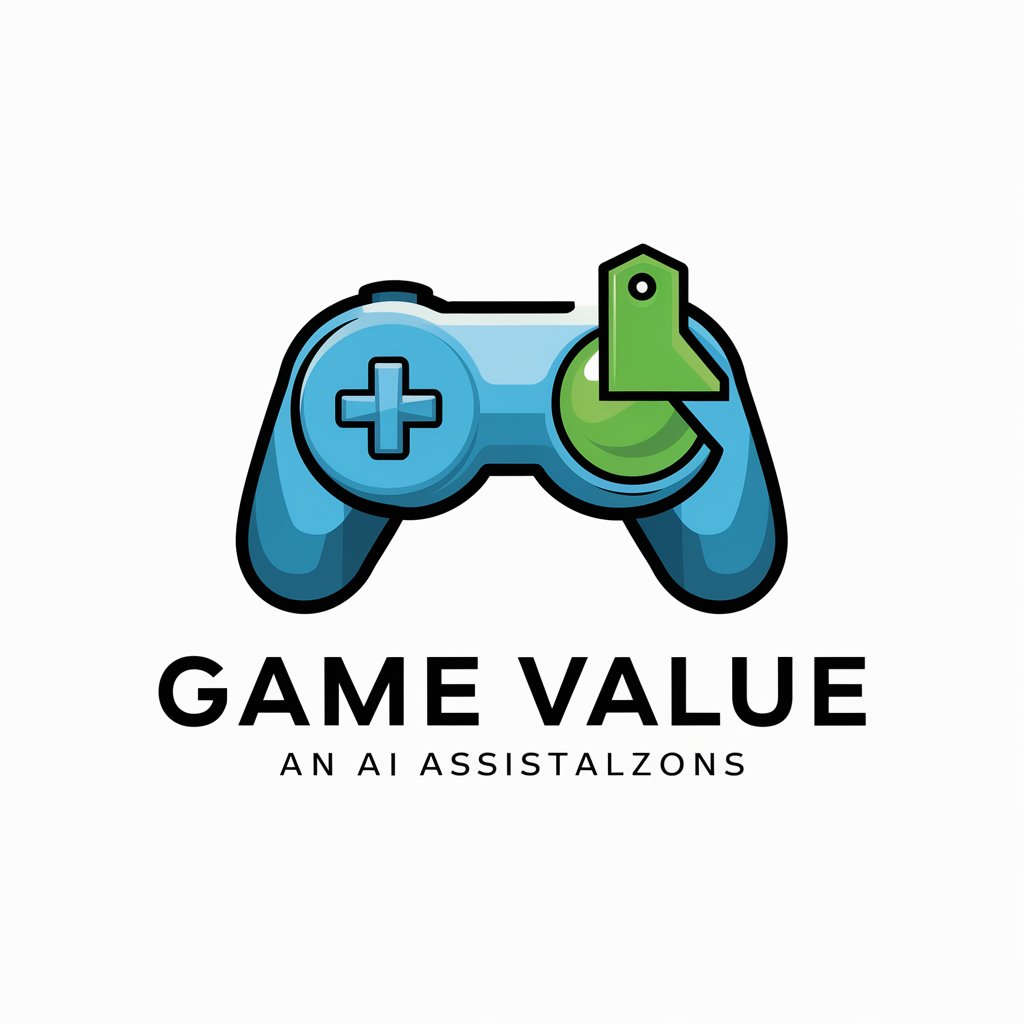
Cocktail Mixer
AI-powered mixology at your fingertips

Synonym Finder
Elevate Your Words with AI-Powered Synonyms
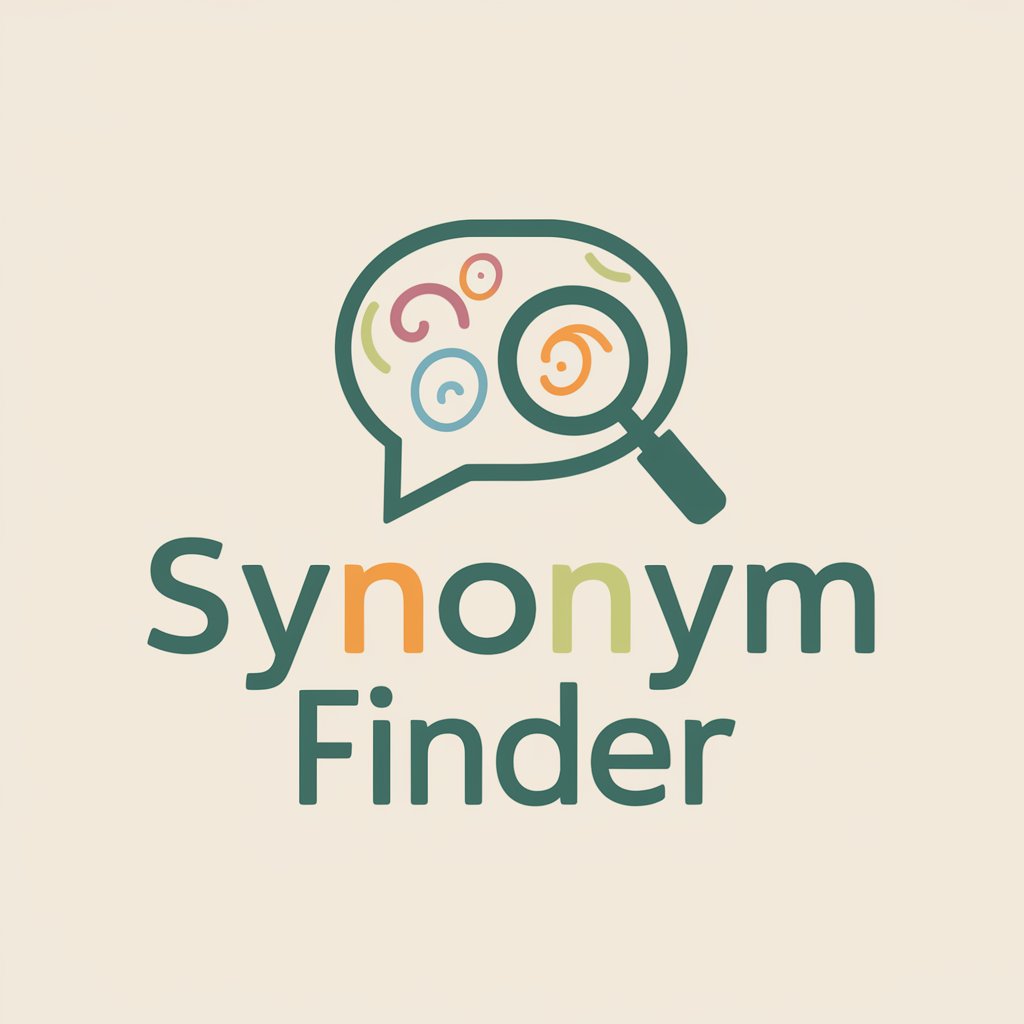
IKIGAI - Find your Life's Purpose
Uncover Your Reason for Being with AI

Potential Technical Depth Detector
Uncover hidden technical debt with AI

Greenish
Mastering Greenwash with AI Satire

Culinary Companion
Elevate Your Cooking with AI-Powered Assistance

Website Roaster
Roasting websites, serving insights.

2024
Unlock the Future: Insights into 2024

CommunicationGPT
Empowering Communication with AI
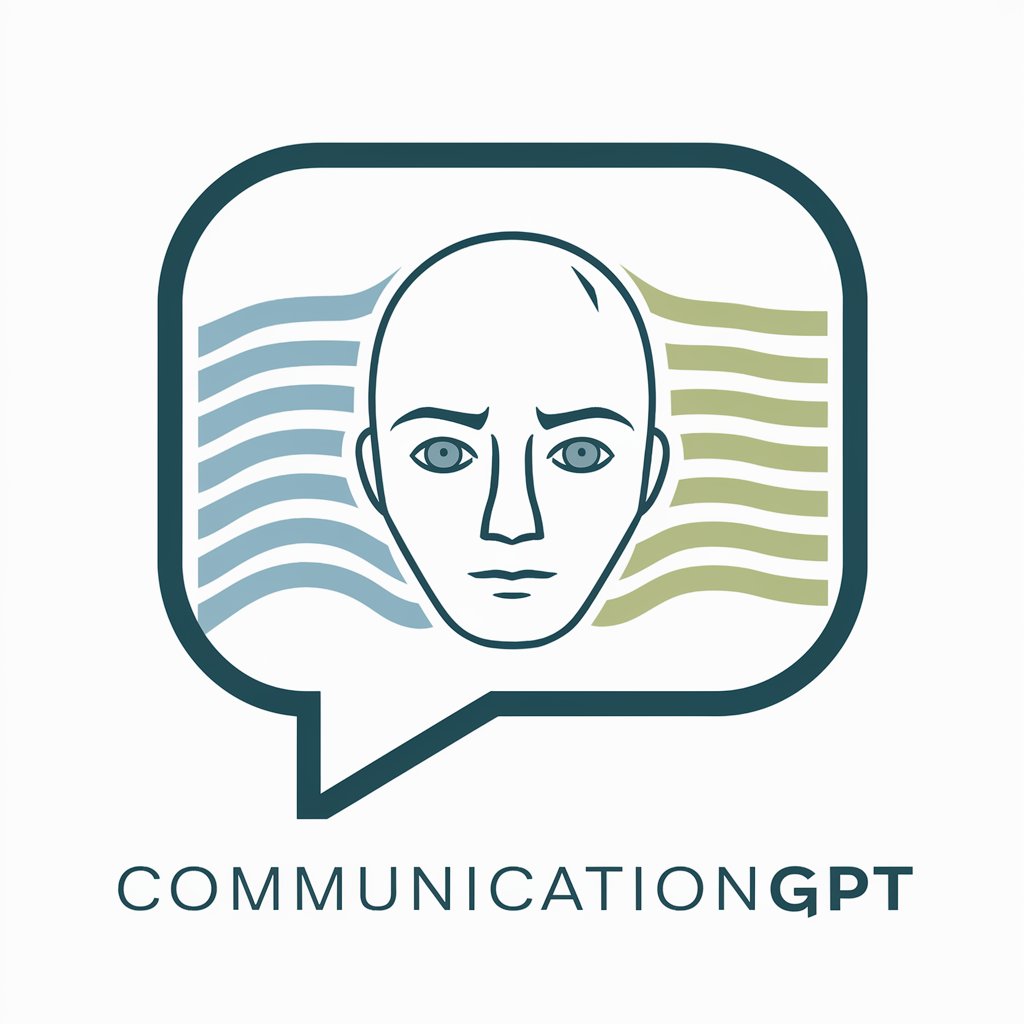
Essential Questions on AI Act Guide
What is the AI Act Guide designed for?
AI Act Guide is tailored to offer detailed insights, interpretations, and clarifications on the EU's proposed AI Act, aiding users in understanding its provisions and implications.
Can AI Act Guide provide legal advice?
No, AI Act Guide focuses on factual explanations based on the AI Act's text and does not offer legal advice or definitive legal interpretations.
How does AI Act Guide handle ambiguous queries?
When faced with ambiguous queries, AI Act Guide seeks clarification to ensure the responses provided are accurate and relevant to the user's needs.
Can AI Act Guide adapt to different user expertise levels?
Yes, AI Act Guide customizes interactions by adapting responses to match the user's familiarity with the subject, ensuring accessibility for both novices and experts.
Is the information provided by AI Act Guide up-to-date?
AI Act Guide relies on the text of the EU's proposed AI Act as its primary knowledge source and complements this with the latest relevant information through web searches when necessary.
